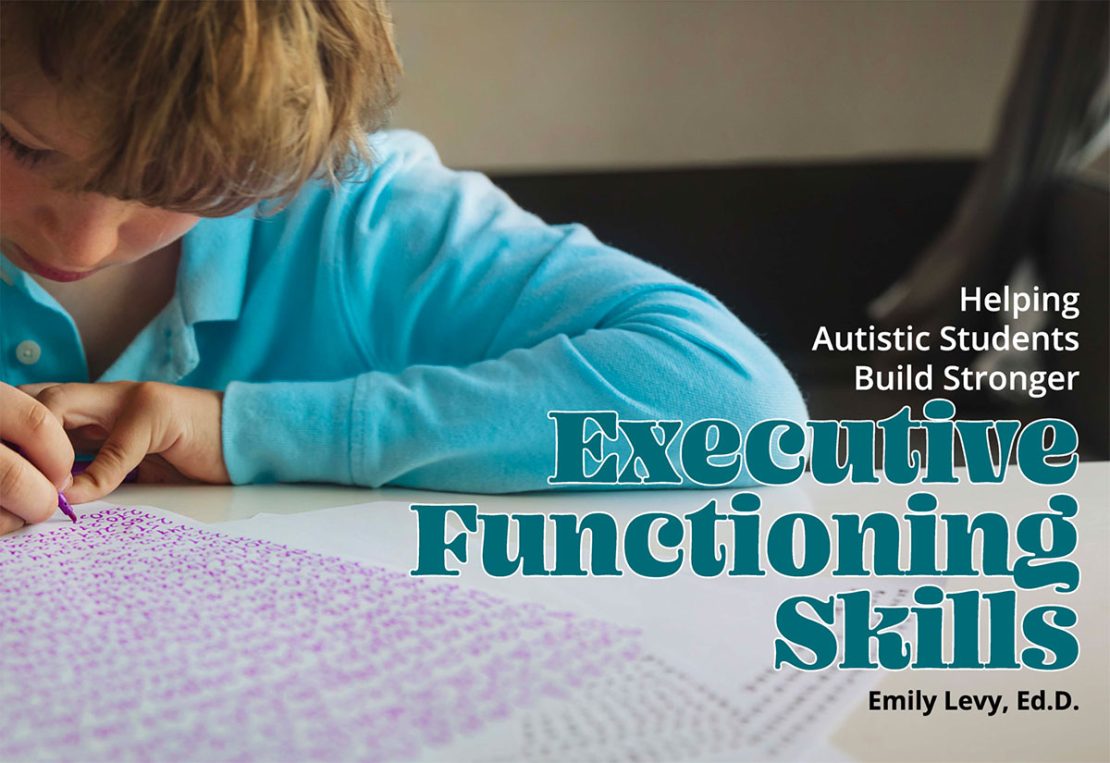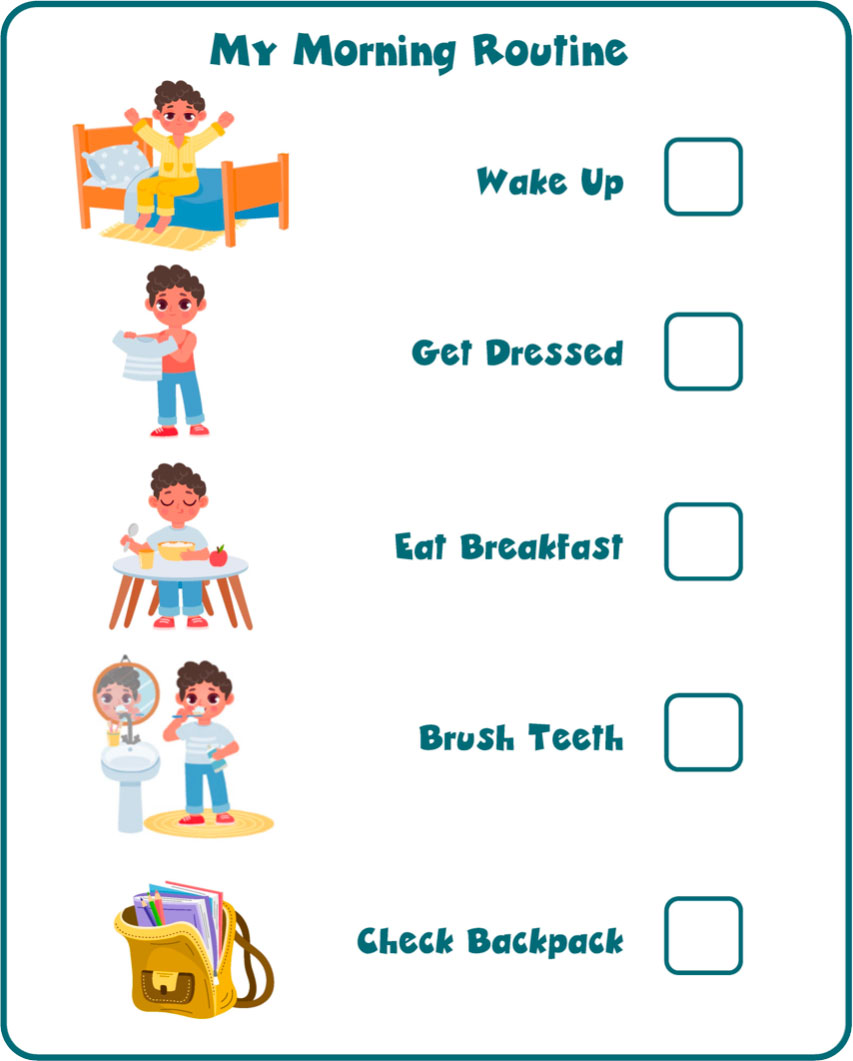
Helping Autistic Students Build Stronger Executive Functioning Skills
Many children with autism struggle to start and complete their homework assignments. They may lose papers, notebooks, and teacher's notes. Some may find it difficult to plan and prioritize their actions, and to self-monitor. When children struggle in these areas, it is often a sign of issues with executive functioning skills. These are skills that play a significant role in success at school, but many autistic children find them particularly challenging. The following are some strategies that you can use to help your child with autism build stronger executive functioning skills.
Time Management
Children with executive functioning challenges often need help with time management. They might procrastinate or not have a good sense of how long a task might take to complete. You can strengthen your child's time management skills with a time management strategy based on estimated time/actual time. When children have a task to complete, such as a math worksheet or a science packet, have them estimate how long they think the assignment will take to complete and write down the estimated time. Once the task is completed, have them note how long the assignment actually took to complete and write down the actual time. There will often be a big difference between these two times when students with time management issues start using this technique. Over time, however, the two times will become closer as they practice the technique and make more realistic estimates. Read more at How to Build Executive Functioning Skills With Homework - EBL Coaching.

Organization
Poor organizational skills are a common characteristic of executive functioning challenges. If your child loses papers and has a messy backpack or a cluttered desk or room, you may want to consider this three-tier organizational strategy. Tier one involves designating a working notebook that your child will carry to school on a regular basis. It could be made up of one folder and notebook per class that ideally are color-coded, or a large three-ring binder divided by classes. One day per week should be designated as the time to clean out the notebook and remove papers that no longer need to be carried on a regular basis. Tier two entails filing these papers in an accordion file. The accordion file could have three sections for each class: homework, notes, and tests or quizzes. The papers from the working notebook are placed into the proper section of the accordion file and saved for the purpose of studying for a quiz or test. Tier three is a file drawer or cabinet for projects completed by your child or well-written essays that are worth saving for the long term. Read about additional organizational skills at Organizational Tools for Academic Success - EBL Coaching.
Create a Schedule
Individuals who struggle with executive functioning skills often fail to create a well-organized schedule. They might jump from one task to another with little or no planning. To address this challenge, you can map out steps for your child for each part of his or her day when at home. For example, your child might have five steps to complete in the morning before leaving for school: wake up; get dressed; have breakfast; brush teeth; and check backpack to make sure it has all necessary items for the day. You may want a checklist for the backpack, too.

Play Games
Playing games is a fun way to improve executive functioning skills that can involve the whole family. In the game Jenga, for example, players try to figure out what will happen if they remove a block from the tower. They need to determine if it will make the tower fall, and if they should try to pull the block out slowly or quickly. Thinking about strategies and the best way to proceed can help improve executive functioning skills. Other possibilities include playing a sequencing game in which a set of four to six pictures must be placed in the right sequence to illustrate the correct way to complete a task such as washing a car or making lemonade. The number of pictures can gradually be increased so that the game is more challenging. Playing a memory game is another great way to build attention and improve working memory skills, both of which are important aspects of executive functioning. A series of cards are placed face down on the table, and players must turn over two cards and remember what they are in order to find future matches.
Memory Matching Game
1. Print out this page on cardstock or construction paper. Cut out each card.
2. Lay the cards face down randomly on a table.
3. Player 1 will turn over two cards. If the two cards have the same picture, the player will keep the cards and go again. If the two cards are not a match, the cards are turned face down again and player 2 will take a turn.
4. The person with the most matches when all the cards are gone is the winner.
Other Blogs about Autism:

